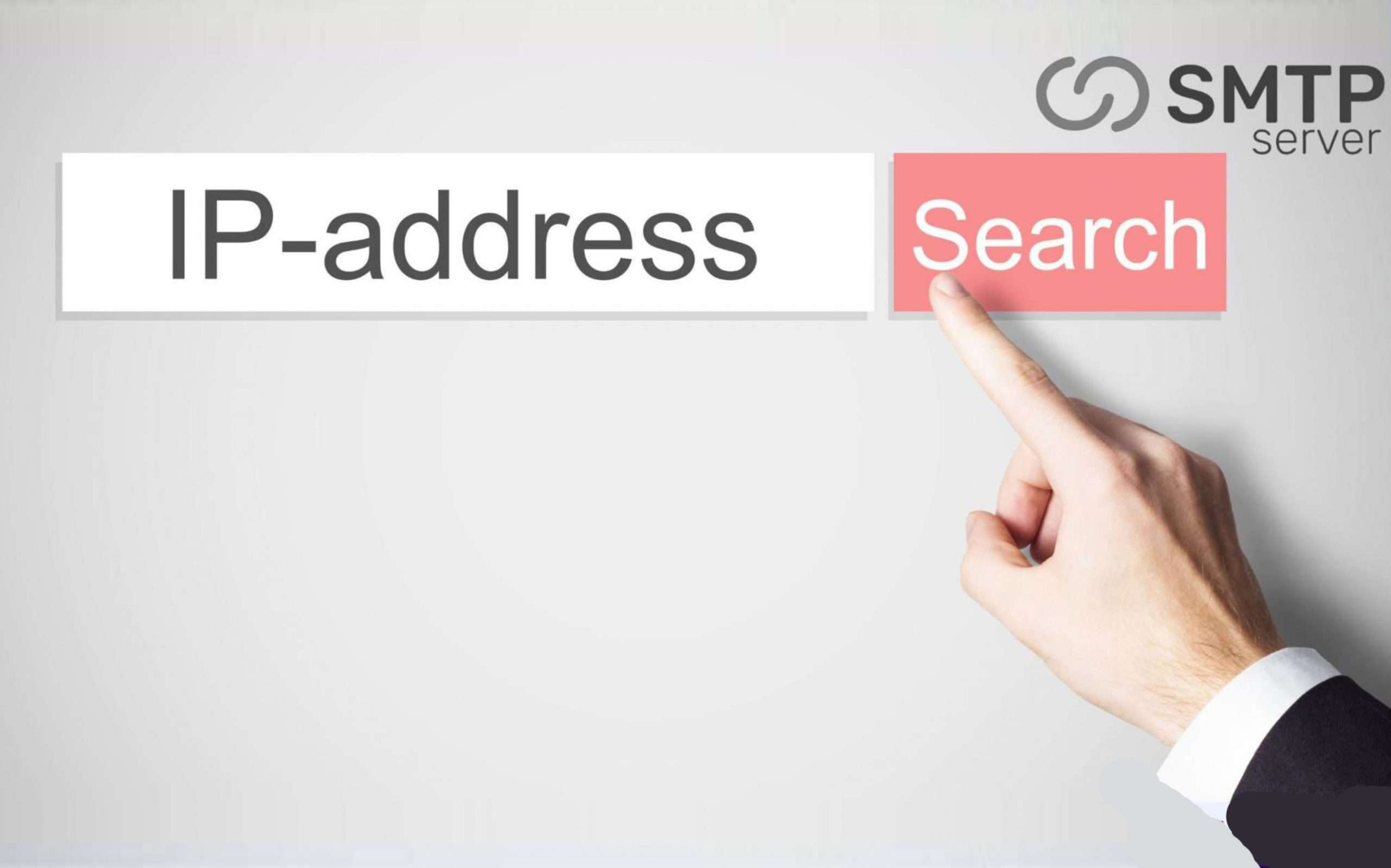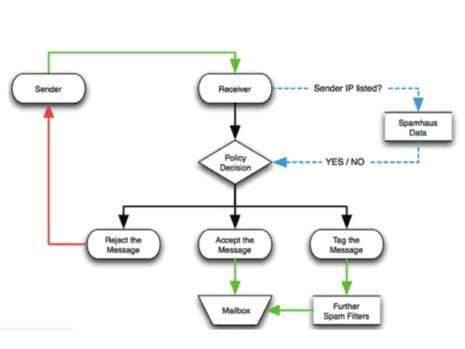1,065,931 total views, 30 views today
In today’s digital landscape, email communication plays a vital role in business operations, marketing campaigns, and customer engagement. To ensure your emails reach the intended recipients and land in their inboxes, rather than being lost in spam folders, it is essential to pay close attention to your email deliverability. One key decision you need to make is whether to use a dedicated IP or a shared IP for sending your emails. In this comprehensive article, we will delve into the intricacies of dedicated IP and shared IP addresses, their advantages and disadvantages, and help you make an informed choice that will enhance your email deliverability.
Understanding IP Addresses
Before we dive into the comparison, let’s start with a brief explanation of IP addresses. An IP address, short for Internet Protocol address, is a unique numerical label assigned to each device connected to a computer network. It serves as an identifier, allowing devices to communicate with one another over the internet.
Shared IP: Strengths and Considerations
A shared IP address, as the name suggests, is an IP address shared among multiple senders. This arrangement is commonly used by email service providers (ESPs) or email marketing platforms, where numerous customers utilize the same IP to send their emails. Here are some key points to consider when using a shared IP:
Advantages of Shared IP
- Cost-effectiveness: Shared IP addresses are usually more affordable than dedicated IPs, making them an attractive option for businesses on a tight budget.
- Reputation leverage: If you’re sending emails alongside reputable senders on a shared IP, it can positively impact your email deliverability. Being associated with reputable senders can help build trust with email service providers (ESPs) and increase the chances of your emails reaching the recipients’ inboxes.
Considerations for Shared IP
- Reputation risks: Since multiple senders share the same IP address, any negative actions or poor sending practices by one sender can potentially impact the reputation of the entire IP address. If one sender engages in spammy activities or sends low-quality content, it may result in other senders’ emails being marked as spam or facing deliverability issues.
- Limited control: With a shared IP, you have limited control over the reputation management and deliverability factors. Any changes or actions taken by other senders sharing the IP can directly affect your email deliverability.
Dedicated IP: Advantages and Considerations
A dedicated IP address, on the other hand, is exclusively assigned to a single sender or organization. It offers a higher degree of control and autonomy over email deliverability factors. Let’s explore the benefits and considerations associated with a dedicated IP:
Advantages of Dedicated IP
- Enhanced reputation control: With a dedicated IP, you have full control over your email sending practices and can maintain your own reputation. You won’t be impacted by the actions of other senders, providing a higher level of security for your email deliverability.
- Increased sending capacity: A dedicated IP allows you to send a larger volume of emails per day without being constrained by the limitations of shared resources.
Considerations for Dedicated IP
- Cost: Dedicated IP addresses generally come at a higher cost compared to shared IPs. This investment may be more suitable for businesses with substantial email volumes and specific deliverability requirements.
- Reputation building: Starting with a new dedicated IP may require time and effort to build its reputation. You need to establish a positive sending history to gain the trust of ESPs and improve email deliverability.
Also Read: IP Warm-Up: Best Practices for a Successful Email Deliverability
Making the Right Choice
Now that we have explored the advantages and considerations of both shared IP and dedicated IP addresses, how do you determine which option is best for your business? Consider the following factors:
- Sending volume: If you have a high email sending volume or plan to scale your email marketing efforts, a dedicated IP may be more suitable to meet your needs.
- Sending reputation: If you have strict deliverability requirements or want complete control over your reputation, a dedicated IP offers the necessary autonomy.
- Budget: Assess your budgetary constraints and determine whether the additional cost of a dedicated IP is justifiable based on your specific requirements.
Remember, choosing the right IP address type is just one aspect of ensuring good email deliverability. Other factors such as maintaining a healthy subscriber list, crafting engaging content, and following email best practices also contribute to successful email campaigns.
Conclusion
When it comes to email deliverability, the choice between a dedicated IP and a shared IP is a decision that should align with your specific business requirements. While shared IPs offer cost-effectiveness and potential reputation leverage, dedicated IPs provide greater control and autonomy. Carefully evaluate your sending volume, reputation goals, and budget to make an informed decision that will enhance your email deliverability and ensure your messages reach the right audience effectively. Remember to monitor and analyze your email performance regularly, adapting your strategies as needed, to maintain optimal results in the ever-evolving email landscape.





